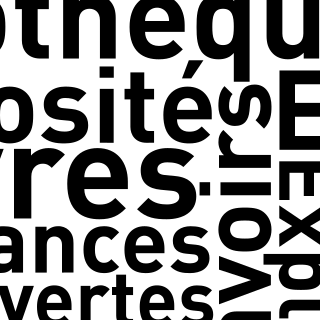par Zouré, Christophe
Editions Persée
2021 -
-
Disponible - 335.24 ZOU
Niveau 3 - Economie
Résumé : Il est coutume de dire qu'aucun peuple ne se développe sur l'héritage d'un autre. Chaque peuple doit inventer sa propre voie en fonction de sa vision mais aussi de ses réalités.Le développement, puisque c'est le sujet central du travail de l'auteur, est certainement « une croyance », « un mythe » ou encore une politique « suscitée » suivant un modèle dominant. Pourtant de nombreux auteurs et intellectuels africains dont Joseph Ki-Zerbo soulignent que le « développement africain sera endogène ou ne le sera pas… ». Les jalons d'un développement endogène doivent être posés. Cependant le défi reste entier quant à la mise en place d'un développement endogène en dehors du paradigme dominant.Une fine analyse sur le positionnement des États africains face aux deux stratégies ou prétentions de développement « en vogue » : le Consensus de Washington et le Consensus de Beijing.Christophe Zouré, est né à Grand-Lahou, une petite ville balnéaire du sud de la Côte d'Ivoire. Ses parents ont immigré de Garango une ville du centre-est du Burkina Faso au début des années 60. Il a fait des études de droit à l'Université Joseph Ki Zerbo à Ouagadougou (Burkina Faso), puis en études du développement à l'Institut des hautes études internationales et du développement (IHEID) de Genève en Suisse et en sciences politiques à l'Université du Québec à Montréal (UQÀM) au Canada. Passionné de la thématique du développement, il travaille comme expert chargé de la mise en œuvre de projets dans le domaine de la coopération mais aussi comme analyste politique.

 Les bibliothèques de la ville de Paris
Les bibliothèques de la ville de Paris
 Les bibliothèques universitaires
Les bibliothèques universitaires
 La BnF
La BnF
 L'encyclopédie Wikipédia
L'encyclopédie Wikipédia
 L'Encyclopædia Universalis
L'Encyclopædia Universalis
 La bibliothèque du film
La bibliothèque du film
 La médiathèque de la Philharmonie de Paris
La médiathèque de la Philharmonie de Paris














